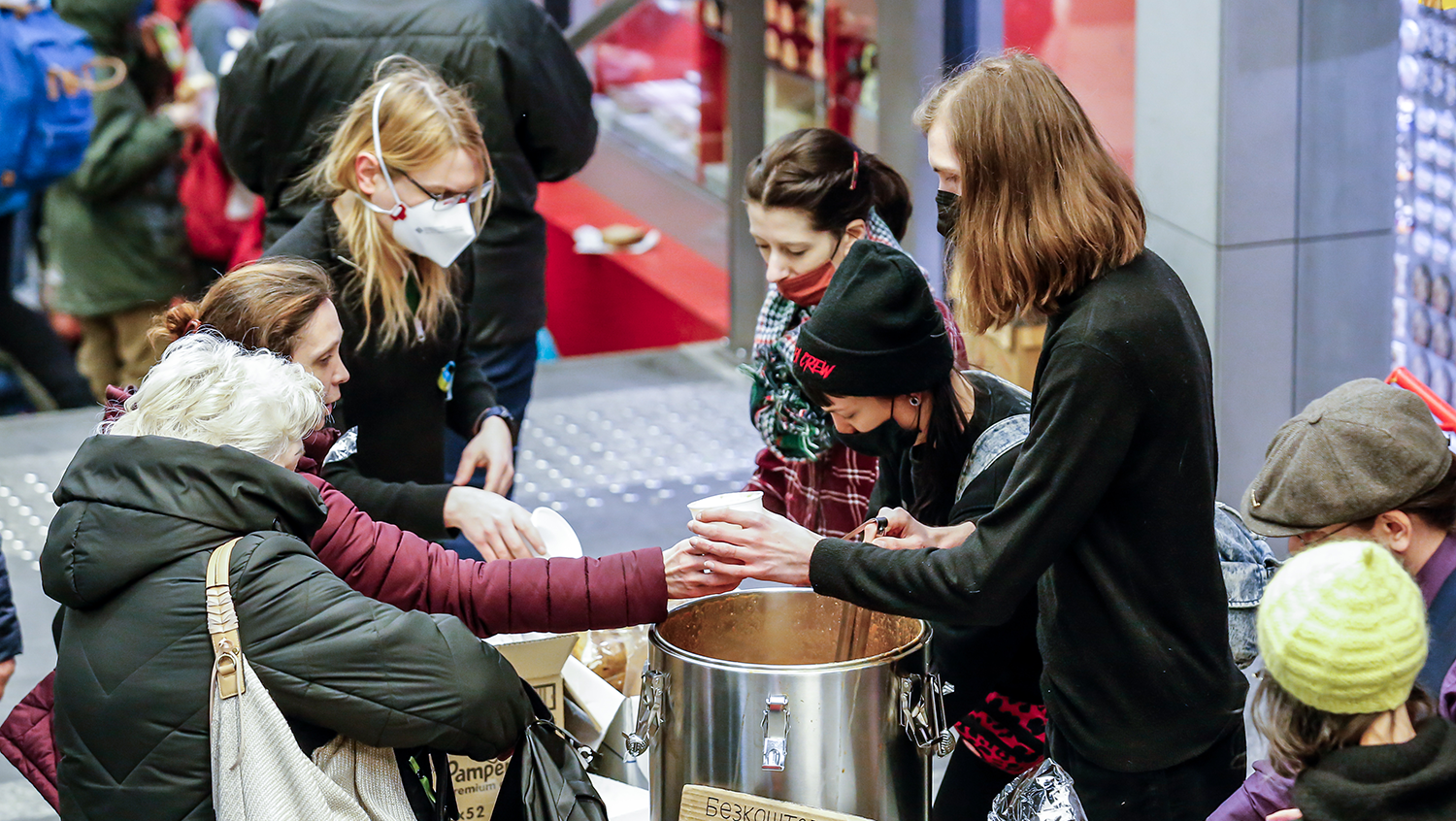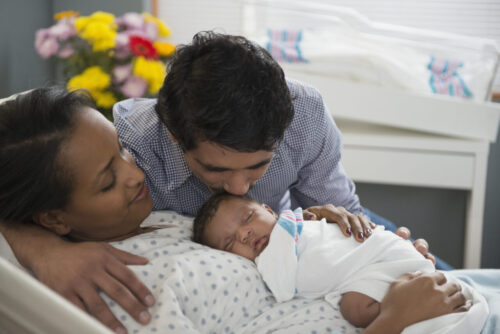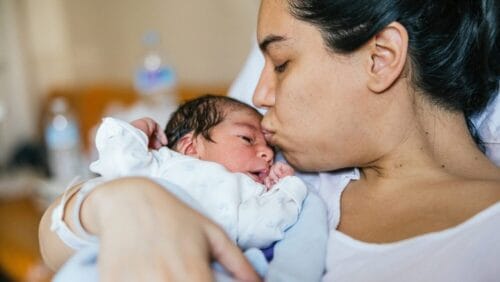Researcher Refuses to Give Up on His Public Health Efforts in Russia and Ukraine
March 24, 2022

NurPhotos, Getty Images
Boston Medical Center Physician and Researcher details four ways he remains involved during the war in Ukraine.
As teams of researchers at Boston Medical Center (BMC) and Boston University School of Medicine (BUSM), we work with Russian scientists at Pavlov University and Ukrainian scientists at the Ukrainian Institute on Public Health Policy. We collaborate on projects to improve health care access for people with HIV, substance use disorders, and tuberculosis (TB). We also developed behavioral interventions that reduce stigma’s impact as a health care barrier and effectively connect them to the services they need. Over the years, we have been studying how human rights problems like police violence become medical problems for these stigmatized groups.
A number of our colleagues joined us at BMC for a fellowship through the National Institute on Drug Abuse, where they got acquainted with the U.S. healthcare model, evidence-based medicine and public health, and contemporary research methods. We had three physicians from Russia and a scholar from Ukraine who came to BMC and were mentored by Dr. Jeffrey Samet and myself. The fellows who returned to Russia were full of energy, new ideas, and commitment — only to be met with resistance and now war.
This is not just a war on Ukraine, but on our collective values, freedom, and democracy. Like all my colleagues in the medical community, I worry about Ukrainians as they fight for their lives, their homes, and their country. Russia’s attack on Ukraine has brought so much destruction, yet I feel we need to resist the sense of defenseless and speak out against these atrocities.
So, beyond directly supporting relief efforts in Europe’s worst humanitarian catastrophe since World War II, we must continue to use our positions to help in whatever way we can. Here are four ways I am choosing to help.
1. Keeping the lines of communication open with Russian and Ukrainian scientists
Though no one can continue doing business in Russia as usual, we should find a way to continue work with our Russian and Ukrainian colleagues. Many of us feel ambiguous or are opposed, but we should support these mostly junior, committed, engaged, democracy-loving scientists. They work closely with non-governmental organizations (NGOs) and other civil society players, so they are one of the few groups serving disadvantaged people in Russia.
Already, many Russians have start to leave the country through Finland and Georgia. Disrupting all ties with individuals would isolate democrats in the country even further and be detrimental to civil society.
2. Documenting war crimes
My wife, Dr. Fatima Lunze, who is also a pediatrician, and I are building on our post-conflict capacity-building work to help document Russia’s systematic attacks on health care facilities and health care workers. There have been some reports from the World Health Organization (WHO) and other organizations about these attacks, but the extent of targeted destruction of Ukraine’s health care sector is largely underreported. We have reached out to our pediatric partners in Ukraine and human rights experts at Johns Hopkins University to help them document these war crimes in a more organized manner.
In this way, we are helping provide information to the world, particularly to the Russian-speaking world, about the atrocities of this war. We are connecting the dots in a way that is impossible to do from inside the war.
3. Supporting Ukrainian refugees
We don’t know what’s down the line two weeks from now. The sanctions have suspended transfer of funding for our studies to St. Petersburg, making most study activities impossible. In the meantime, my wife and I are currently in Germany, supporting Ukrainian refugees, who are mostly women and children. More than 10 million people, who were just regular people living their lives, have already been violently displaced from their homes and lives. I admire their strength and courage so much.
We are supporting their resilience by providing information and logistics; finding them shelter and clothes and SIM cards, and connecting those with medical needs to the German health care system, which fortunately is very resourceful and welcoming to those seeking protection from war. Not all of this work is medical, but we are doing whatever people currently need.
4. Planning for after the war
When the shooting and bombing ends hopefully soon, the war will not be over. Ukrainians and partners will have to rebuild all the systems and structures that have been destroyed and re-establish pharmaceutical logistics and infrastructure. Medical students and physicians who had their medical education disrupted will need to catch up. Psychologist Dr. Kimberly Hook has for years supported mental health capacity building in Ukraine, and her work will be tremendously important in handling the inevitable adverse mental health consequences of this war.
There will be so much work to do, and by cautiously keeping the lines of communication open, we hope we can continue our public health mission to save and improve lives.


